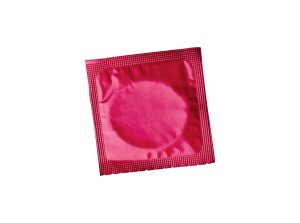April is Parkinson’s Awareness Month, a month dedicated to raising awareness about Parkinson’s disease and all of the available resources we have developed to make life better for people with Parkinson’s disease.
Parkinson’s disease is a progressive disease of the nervous system that causes tremors, and muscular rigidity combined with slow and imprecise movement of the body. It is associated with degeneration of the basal ganglia of the brain and a deficiency of the neurotransmitter dopamine. The disease mostly affects people who are middle-aged and elderly people.
Parkinson’s signs and symptoms may include:
- Tremor – A tremor, or shaking, usually begins in a limb, often your hand or fingers.
- Slowed movement –Over time, Parkinson’s disease may reduce your ability to move and slow your movement, making simple tasks difficult and time-consuming.
- Rigid muscles – Muscle stiffness can occur in any part of your body. The stiff muscles can limit your range of motion and cause you pain.
- Impaired posture and balance –Your posture may become stooped, or you may have balance problems.
- Loss of automatic movements – Decreased ability to perform unconscious movements, including blinking, smiling or swinging your arms when you walk.
- Speech changes – You may speak softly, quickly, slur or hesitate before talking. Your speech may be more monotone rather than with the usual inflections.
- Writing changes – It may become hard to write, and your writing may appear small.
Managing some of the symptoms, such as tremors can be helped with medications. The medications prescribed can act as a substitute for dopamine and send a similar signal to the neurotransmitter in your brain.
Although these medications can become less effective over time, some patients realize significant improvement in their symptoms after starting treatment and continue to do.
All content of this newsletter is intended for general information purposes only and is not intended or implied to be a substitute for professional medical advice, diagnosis or treatment. Please consult a medical professional before adopting any of the suggestions on this page. You must never disregard professional medical advice or delay seeking medical treatment based upon any content of this newsletter. PROMPTLY CONSULT YOUR PHYSICIAN OR CALL 911 IF YOU BELIEVE YOU HAVE A MEDICAL EMERGENCY.










